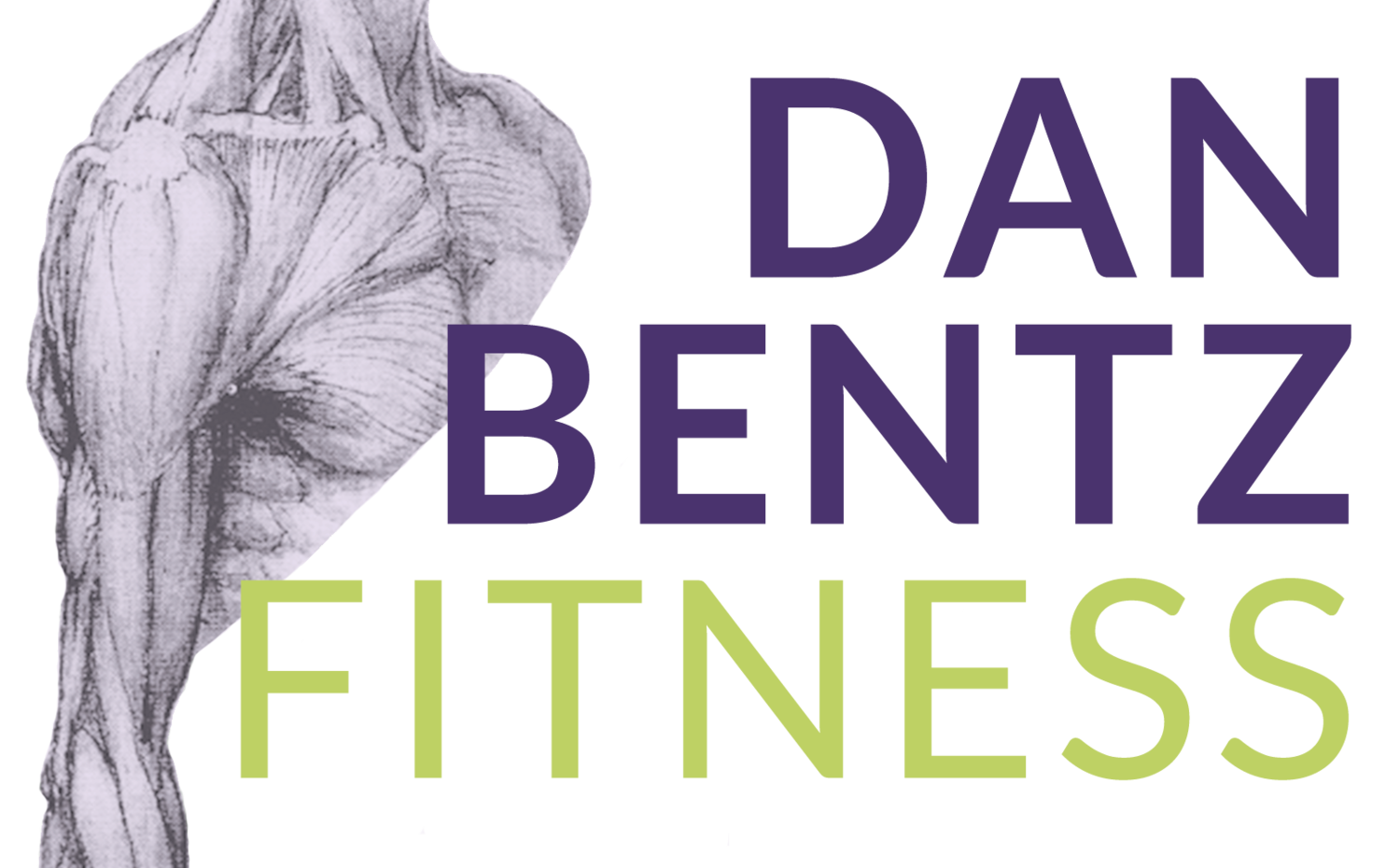What defines a “good” personal trainer? Of course that depends on whose eyes you look through. Are you a good trainer because you are superficially attractive? Because you are an ex-professional athlete? Do your certifications make you a good trainer? Maybe you think you’re a good trainer because you can count repetitions, or because you can motivate your client and yell at them to push through the set? What about if you make them extremely sore for days? Or maybe you can hold a conversation for the entire hour?
I believe that a good personal trainer is an open-minded individual who has the knowledge and experience to look at details from all angles. Regarding exercise myths, opinions, and biases, this person can distinguish truth from trend. A good personal trainer is someone who is always looking to enhance her level of education and views her profession as a passion, not a fill-in or last resort job. This personal trainer must not only commit to herself, her profession, and her clients, but also to the pursuit of knowledge. She must be willing to question and investigate his/her methods. Great trainers must rely on proof and validity.
There are many different types of clients out there, and each may look for something specific from his/her trainer or workout. The question we personal trainers should ask is: what are we doing that suits our clients best interests? Are we taking into account their goals, capabilities, structure, threshold, and tolerance levels? We must give them 100% undivided attention. Clients don’t keep coming back for the results. You retain them by providing them with a one of a kind exercise experience.

